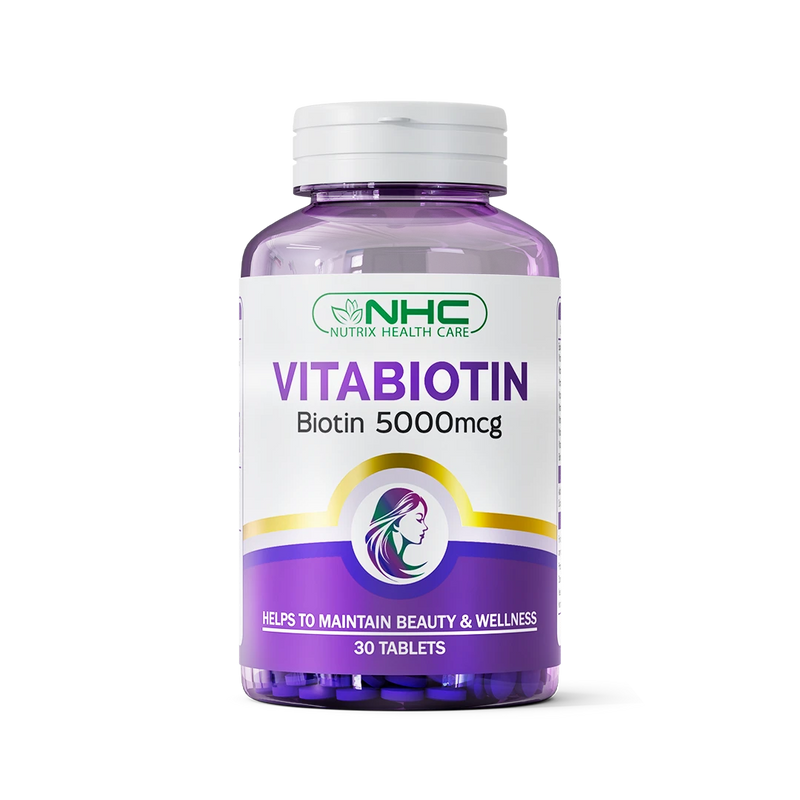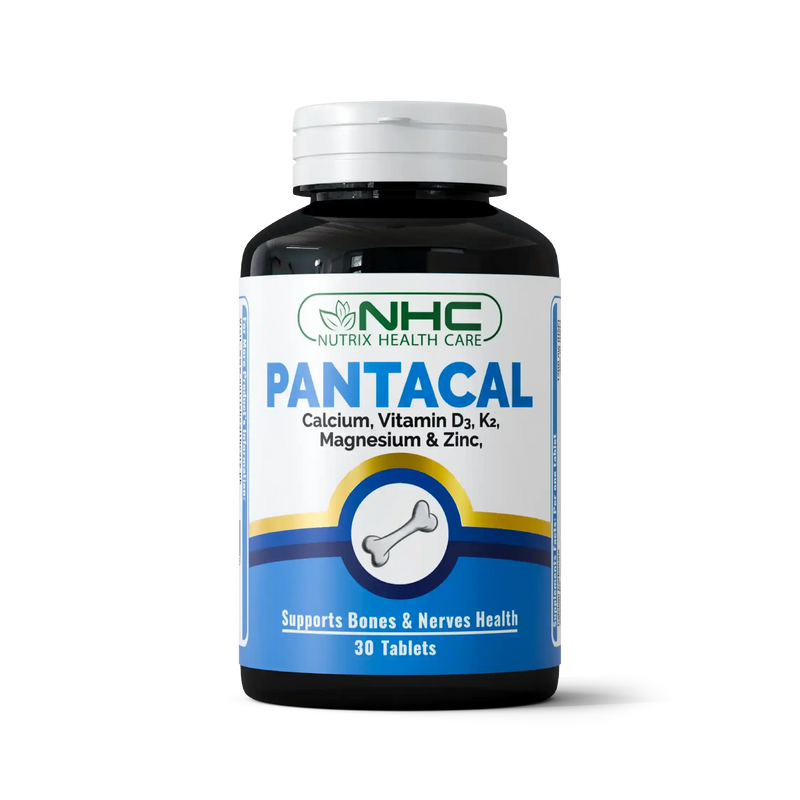Unlocking Joint & Heart Health: Research and Evidence on Fish Oil Supplements
In today’s age where unhealthy lifestyles are prevalent, cardiovascular diseases and joint pain are becoming as commonplace as the flu. Every other person is dealing with hypertension, high cholesterol, and knee pain.
Amidst this rising tide of health concerns, Fish Oil has been gaining significant attention. It is an essential nutrient for overall health and wellness.
Introducing it through food sources or supplements into your daily routine is necessary to maintain a healthy lifestyle. But what exactly does the research say about its effectiveness? You will find out more in this blog!
Fish Oil and Joint Health
It is important to understand the relationship between Fish Oil and joint health before we move on to research and data. Fish Oil has fatty acids, Vitamin A, and Vitamin D which are essential for a healthy skeletal system and strong joints.
Researchers have widely studied it for reducing the risk of diseases like rheumatoid arthritis, osteoarthritis, lupus, and psoriatic arthritis. These studies have also shown positive results in reducing joint pain, stiffness, fatigue, and tender or swollen joints.
Fish Oil and Heart Health
Heart health is vital to maintain especially as the prevalence of cardiovascular diseases continues to rise. Fish Oil, rich in omega-3 fatty acids, plays a significant role in cardiovascular wellness.
Key symptoms of heart disease, such as chest pain, shortness of breath, coughing, wheezing, and fatigue can often be attributed to inadequate blood supply, which also leads to swelling in the legs, ankles, and feet.
This nutrient has been shown to support heart function by improving blood flow and reducing inflammation. It can also help to manage symptoms and lower the risk of several diseases.
American Heart Association (AHA) has been recommending Fish Oil as a dietary source or supplement for the past 20 years to reduce the risk of heart attacks or stroke in people who already have cardiovascular disease (CVD). Moreover, this nutrient helps to reduce blood triglyceride levels, improve high-density lipoprotein or HDL and lower bad cholesterol (LDL) levels.
Furthermore, fatty acids reduce the risk of developing an irregular heartbeat (arrhythmias). They help slow the formation of plaque, a substance comprising fat, cholesterol, and calcium, which hardens and blocks the arteries.
Research and Evidence to Back Up the Claims

In a study titled ‘Cardiovascular Risk Reduction with Icosapent Ethyl for Hypertriglyceridemia’, researchers enrolled 8000 patients to conduct the efficacy of omega-3 fatty acids.
These patients had high blood triglyceride levels and CVD risk. Half of the participants were given omega-3 and the other half was put on placebo. The results were highly inclined toward omega-3 which reduced blood triglyceride levels and heart attacks.
Another research was conducted by NIH titled ‘Fish oil supplementation reduces osteoarthritis-specific pain in older adults with overweight/obesity’ where the majority of 152 participants reported chronic pain, which was predominantly osteoarthritis-specific. Fish Oil significantly reduced OA-specific pain compared with no Fish Oil treatment.
In a 2022 analysis ‘Omega-3 Fatty Acids for the Management of Osteoarthritis: A Narrative Review’, it was established that “anti-inflammatory properties of omega-3 PUFAs could alleviate the low-grade inflammatory environment associated with OA and slow cartilage catabolism and OA progression…”
Hence, various studies positively conclude that Fish Oil and its fatty acids content can help to manage symptoms associated with inflammation and joint pain while also improving heart health.
Unlock the Power: Enhance Your Daily Routine with Fish Oil
There are two main ways to include this nutrient in your diet. One is to eat certain foods, such as cold-water fatty fish, salmon, mackerel, tuna, herring, and sardines. Meanwhile, nuts and seeds like flaxseed, chia seeds, and walnuts are good options if you want omega-3 content.
The second way is to incorporate Fish Oil supplements into your regimen. Nutrix Health Care offers Pakistan’s top Fish Oil in softgel form.
Numega contains high-quality softgels for your Fish Oil needs without giving any unpleasant fish aftertaste.
How to Take: Consume 1 to 2 softgels daily with a meal for better absorption and do not exceed the daily recommended dosage.
Cod Liver Oil contains 1000mg of pure oil from cod fish. These two supplements are great choices for your daily nutritional needs, especially in winter.
How to Take: Consume 1 to 2 softgels daily with a meal and do not exceed the daily recommended dosage.
Conclusion
Research and studies appreciate and endorse Fish Oil’s effectiveness in improving joint and heart health. Its fatty acids content and anti-inflammatory properties contribute to reducing joint pain and stiffness along with minimizing the risk of cardiovascular diseases.
Fish Oil is also an excellent source of Vitamins A and D which are highly beneficial for bones and joints. You can add this natural ingredient through food sources like seafood or dietary supplements like Numega and Cod Liver Oil.
References
webmd.com/rheumatoid-arthritis/ra-fish-oil
ncbi.nlm.nih.gov/pmc/articles/PMC8767101/
health.harvard.edu/blog/omega-3-fatty-acids-and-the-heart-new-evidence-more-questions-2021032422213
ncbi.nlm.nih.gov/pmc/articles/PMC7494084/
pmc.ncbi.nlm.nih.gov/articles/PMC9413343/


